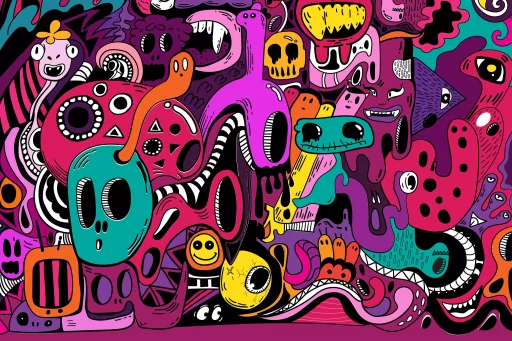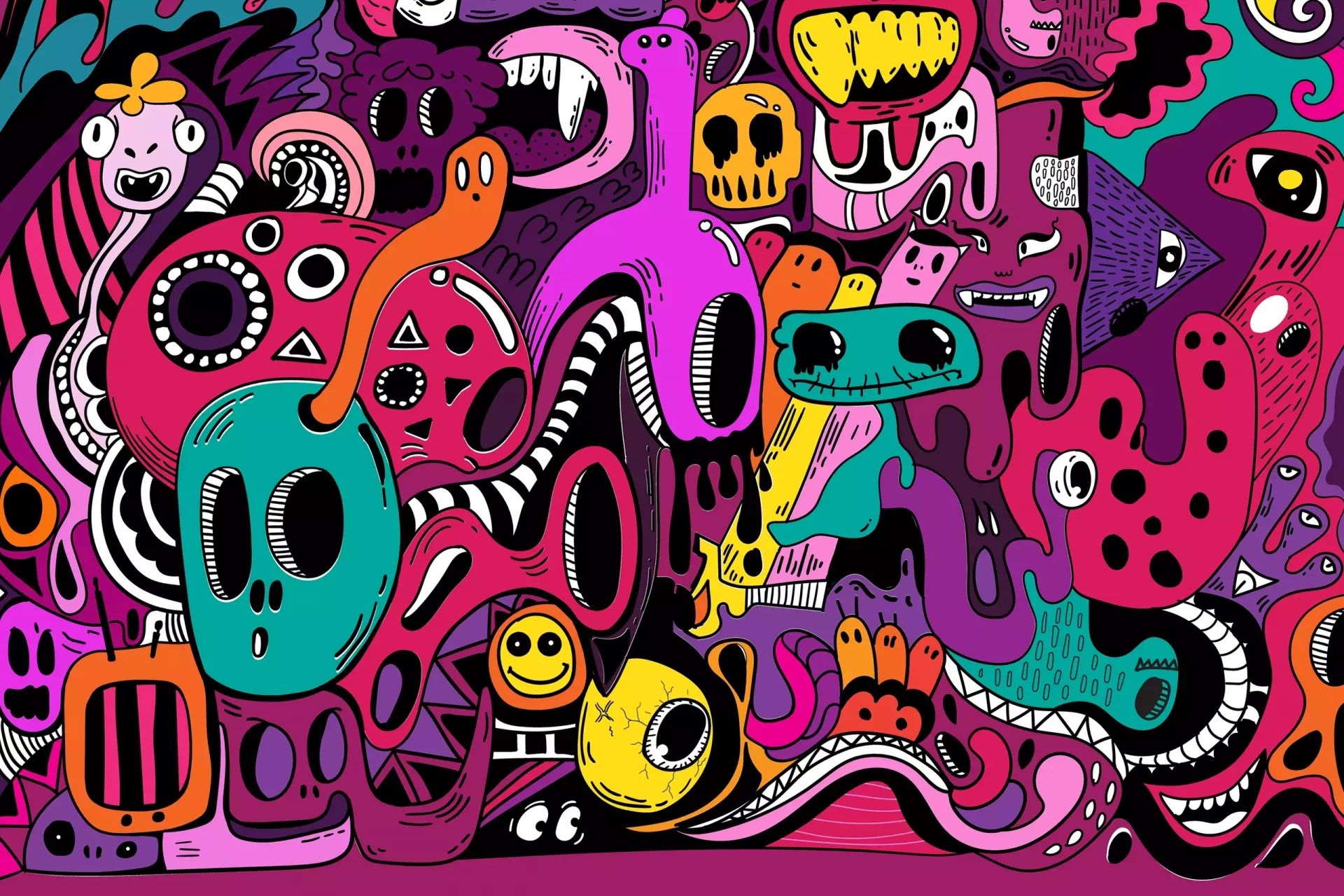Introduction to Alpha Meaning in Slang
In contemporary slang, the term ‘alpha’ has evolved into a multi-faceted expression, often linked to dominance, confidence, and leadership. Drawn from the social hierarchy of animal behavior, particularly wolves, the ‘alpha’ individual is viewed as the strongest member of a group. But what does this term signify in our social interactions today? In this article, we will delve into the various contexts in which ‘alpha’ is used, provide examples, and explore its implications in modern culture.
The Origin of the Term
The term ‘alpha’ originates from the Greek alphabet, where ‘alpha’ is the first letter, signifying not just dominance but also precedence. Its use in social dynamics can be traced back to animal behavior studies, where the alpha male or female leads the pack. Consequently, the term has been repurposed in human contexts, particularly in discussions about masculinity, dating, and social dominance.
Alpha in Pop Culture
The rise of the ‘alpha’ concept in pop culture can largely be attributed to media portrayals in films, books, and even self-help talks. Here are some examples of how ‘alpha’ is expressed in various domains:
- Movies: Characters like James Bond and Tony Stark embody the ‘alpha’ archetype with their confidence, charisma, and leadership qualities.
- Books: Many self-help books focus on ‘alpha’ traits, encouraging readers to adopt behaviors associated with leadership and assertiveness.
- Social Media: The term is frequently employed on platforms like Instagram and TikTok, often portraying lifestyles that emphasize wealth and dominance.
Alpha vs. Beta: Understanding the Dynamics
A common contrast to the ‘alpha’ term is the ‘beta’ male or female. While the alpha is characterized by dominance and outgoing behavior, betas are often seen as more passive or reserved. This distinction fosters a dichotomy that permeates discussions about masculinity and femininity. The perception is that:
- Alpha individuals are seen as leaders, assertive, and socially dominant.
- Beta individuals may be portrayed as followers, introverted, or less assertive in social situations.
This simplistic understanding of social dynamics, however, has drawn criticism for propagating stereotypes that may not reflect the complexities of real human behavior.
Real-World Applications: Dating and Relationships
The notion of the alpha is especially prevalent in dating culture, where individuals often evaluate potential partners based on perceived dominance or confidence. Surveys show that:
- Over 58% of women stated they are attracted to confident men.
- 67% of men believe that displaying alpha traits improves their chances in dating scenarios.
These statistics illustrate how the ‘alpha’ designation affects not only male competition but also female attraction perceptions. However, it’s crucial to note that different individuals prioritize differing traits, and qualities like kindness and empathy are equally significant in romantic partnerships.
Case Studies: Alpha in Social Groups
To comprehend the alpha’s influence in social settings, let’s examine two case studies:
Case Study 1: Workplace Dynamics
A tech startup experienced internal conflict due to a strong alpha presence at the management level. This individual’s assertive decision-making style clashed with team collaboration sensibilities, leading to a toxic work environment. The company implemented leadership training to balance alpha tendencies with essential collaborative skills, demonstrating that while alpha traits can foster innovation, they can also alienate team members if not managed correctly.
Case Study 2: Online Communities
In numerous online gaming communities, the alpha-betazation is prevalent. Players often establish hierarchies based on skill, with alpha players leading groups and initiating strategies. Such dynamics can enhance competition and engagement but can also lead to exclusionary practices where less experienced players feel intimidated. Recognizing this, some gaming platforms are working to cultivate more inclusive environments by offering mentorship programs.
The Criticism of the Alpha Concept
Despite its popularity, the alpha concept isn’t without its critics. Many argue that social interactions are far too complex to be reduced to a binary of alpha and beta. Critics point out that:
- Such definitions oversimplify the spectrum of human behavior.
- They can lead to toxic masculinity, promoting aggression as a desirable trait.
- They may perpetuate stereotypes that discourage emotional expression in men.
This critique underscores the importance of moving toward a more nuanced understanding of social dynamics that includes a range of leadership and collaborative traits.
Conclusion
The term ‘alpha’ as slang encapsulates a multitude of characteristics and contexts, making it a potent indicator of how society views leadership and social dynamics. While it can inspire confidence and effectiveness, it is essential to recognize its limitations and the importance of a more comprehensive understanding of human interaction. As the conversation around gender roles and social behavior continues to evolve, so too will the meanings and implications of the ‘alpha’ moniker.


